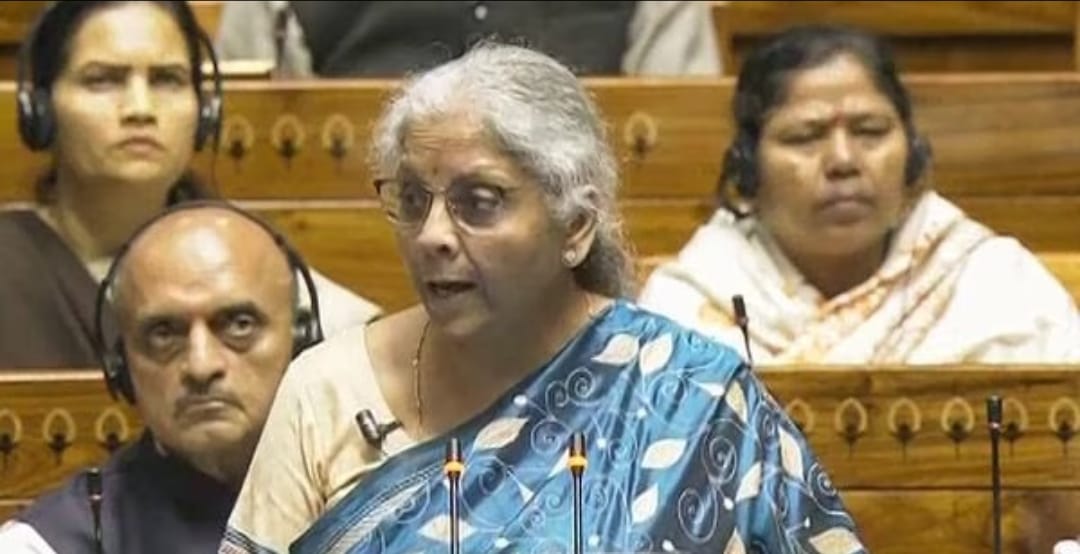No Tax Changes and Significant Reforms Announced in India’s Interim Budget

Delhi, 1st February 2024: In a pivotal announcement during the unveiling of the 2024 interim Budget, Finance Minister Nirmala Sitharaman declared a status quo on taxation, ensuring continuity in the prevailing tax landscape. The financial roadmap outlined by Sitharaman emphasized stability, with no alterations to existing tax structures.
In a move aimed at providing relief to taxpayers, Sitharaman revealed that there would be no tax liability for individuals earning up to Rs. 7 lakhs. Additionally, she unveiled an expansion in the professional eligibility for presumptive tax, raising the threshold from Rs. 50 lakhs to Rs. 75 lakhs. These measures are anticipated to ease the burden on individual taxpayers and promote economic resilience.
Highlighting the government’s commitment to corporate reform, the Finance Minister disclosed a reduction in the corporate tax rate from 30% to 22% for existing companies. This strategic adjustment seeks to stimulate business growth and competitiveness.
Sitharaman underscored the administration’s dedication to enhancing taxpayer services, emphasizing simplified and expedited Income Tax Returns (ITRs). Processing times for ITRs have seen a remarkable reduction from an average of 93 days to a mere 10 days, resulting in faster refunds and improved efficiency.

Addressing the indirect tax landscape, Sitharaman applauded the Goods and Services Tax (GST) for alleviating compliance burdens on trade and industry. The GST framework has garnered recognition for its positive impact on various sectors, and the Finance Minister noted the industry’s acknowledgment of its significance.
A notable achievement highlighted in the interim Budget was the substantial increase in the Average Monthly Gross GST collection, nearly doubling to 1.66 lakh crores this year. The buoyancy of States’ State Goods and Services Tax (SGST) revenue, coupled with compensation in the GST period, reached an impressive 1.22. This success has been attributed to the cascading effect of reduced prices on goods and services, fostering a favorable economic environment.








